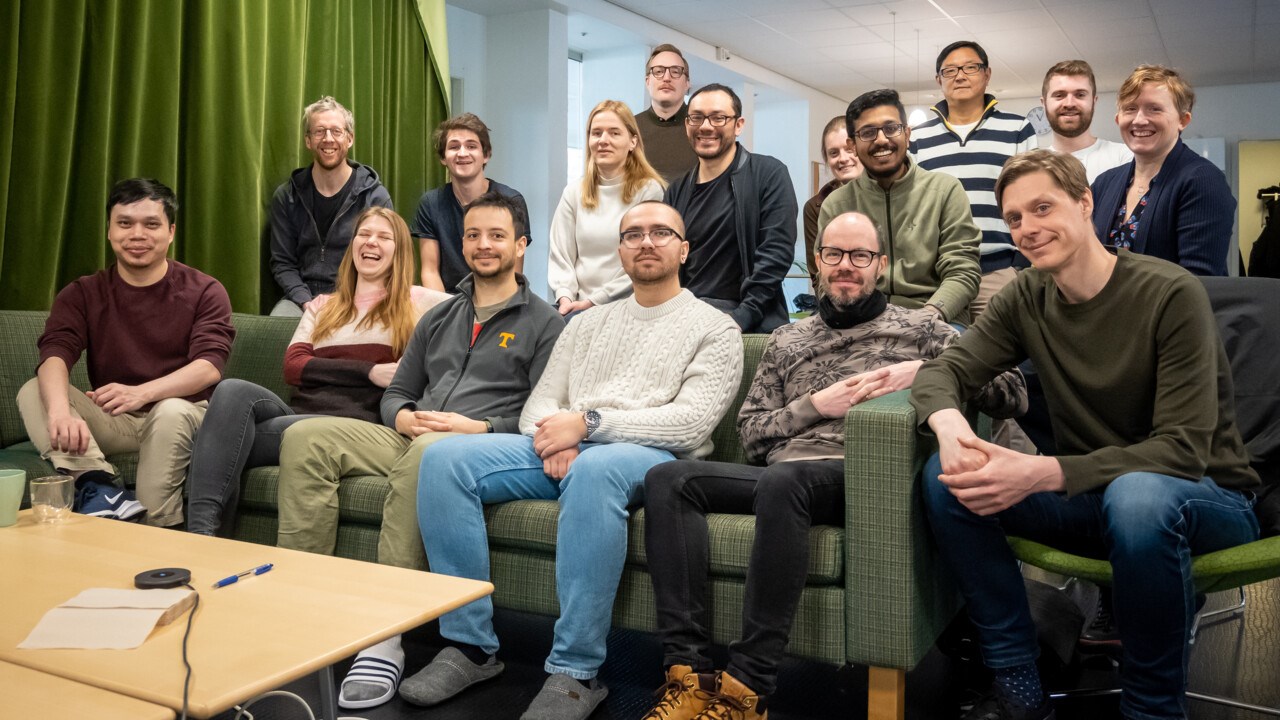About the Swedish Research Council’s excellence initiative
The idea behind the programme is to fund research environments that have great potential for ground-breaking research. Each research environment will receive 4–6 million SEK per year for five years, and the plan is to have the option of a further five years following evaluation.
The funding shall be used for long-term program activities, where researchers from different disciplines focus on a theme or a question. Around this, they will build up a centre for research and teaching activities. More focus will now be placed on the thematic idea and the organisation compared to previous excellence initiatives.


